Christmas Battle Museum Museum

The museum is located in “Mangali” house, Valgunde Rural Territory, Jelgava Municipality, and it is a branch of the Latvian War Museum. It was unveiled in 2005 at the site of the Christmas Battles that occurred during World War I. Unique World War I fortifications still remain at the battle sites. The open-air exhibition of the Christmas Battle Museum reconstructs a section of the fortification system – the trench shelter and part of the first line of German defence – the “German rampart”, which is the only object of this kind in the Baltic states.
The Christmas Battles are one of the best known and most dramatic events of World War I in Latvia. They are an event of special importance in Latvian military and cultural history. Intense fighting took place for six days, leading to heavy casualties. The battles are mainly associated with the attack of Latvian Riflemen against the German Army units, which took place in particularly severe and unfavourable winter conditions. This is an unprecedented case of a major combat operation launched without artillery support.
Today, the museum artefacts found at the sites of the battle are on display. The indoor exhibition is open at certain times, while the exhibition of outdoor fortifications is open every day. Tourist routes and nature trails have been created in the surrounding area.
Used sources and references:
Official website of the Latvian War Museum. Available: http://www.karamuzejs.lv/lv/zm.aspx [Accessed: 21. 03. 2021.].
Bērziņš, V. Latvian Riflemen: Drama and Tragedy. Riga: Latvian History Institute Publishing House, 1995.
Educational programs
Latvian archer in Christmas battles
In the Christmas Battle Museum - an authentic battlefield of World War I, we will create an idea for young people about the role of a person in war conditions, the daily life of soldiers and participation in battles. With an insight into military discipline and various interactive tasks focused on team building, we will create emotions that will make you think. After the lesson, you can use the bonfire site and a 7 km long informative walking trail through the battlefields on the territory of the museum.
Your comments
In late October and early November 2025, the museum's outdoor area will be open to visitors after the completion of reconstruction work.
Related timeline
Related topics
Related stories
A diary entry about the moment when soldiers learn about preparations for the Christmas battles.
The Latvian riflemen and their officers were informed about the beginning of the battle at the last moment. The non-commissioned officer of the 5th Zemgale Latvian Riflemen Regiment, Rūdolfs Ivanovs, described in his diary the last evening before the start of the battle. A short, but vivid and authentic text that shows a very important moment for a soldier – learning about the day of the battle.
Building defensive positions.
The description examines the problems of battlefield fortification in general. It is based on the experience of World War I and the situation when it was necessary to organize extensive work on the creation of fortifications.
About Christmas battles
The Christmas Battles ended on January 11. The Latvian riflemen managed to capture the heavily fortified German army position - Ložmetējkalnu - on the third day of the battle. The price of the Christmas Battles was very high. Hundreds of Latvian and other Russian army soldiers had lost their lives trying to knock the Germans out of their positions. The narrator vividly describes the scenes on the battlefield after the end of the Christmas Battles.




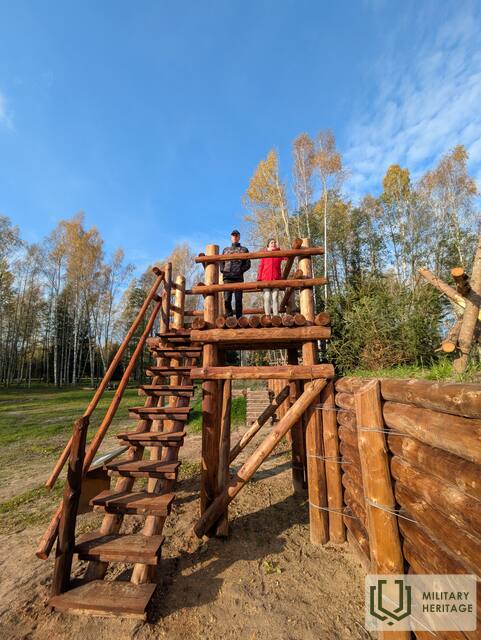
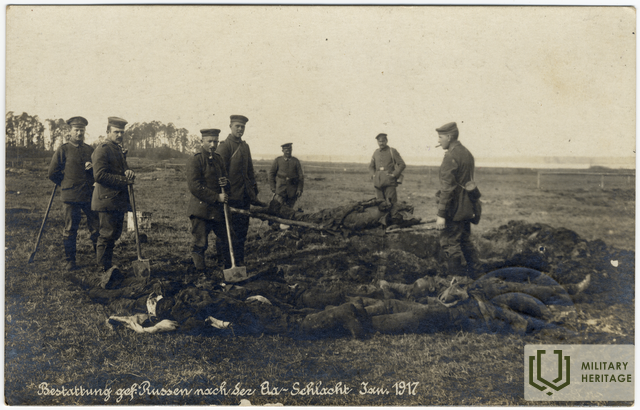
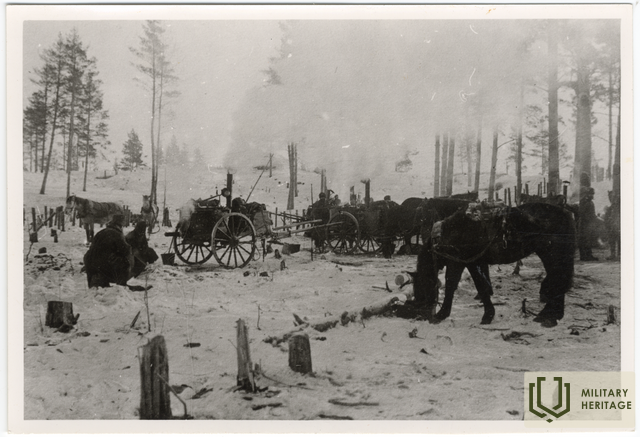
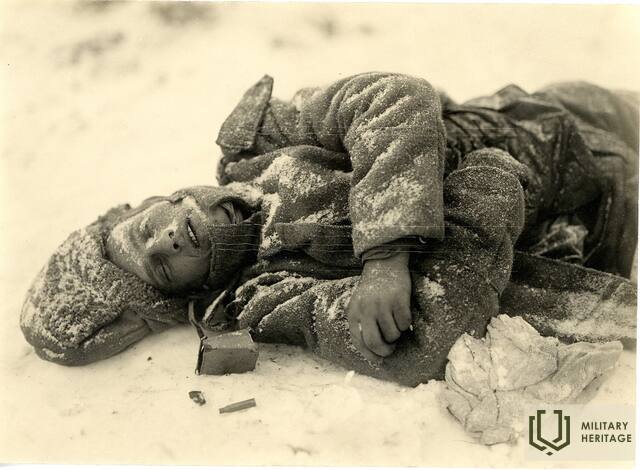
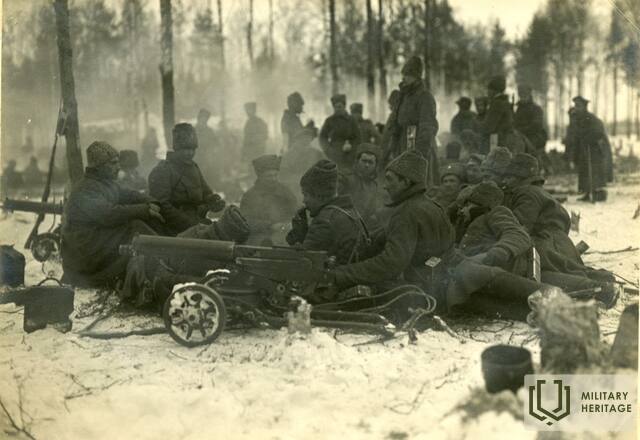
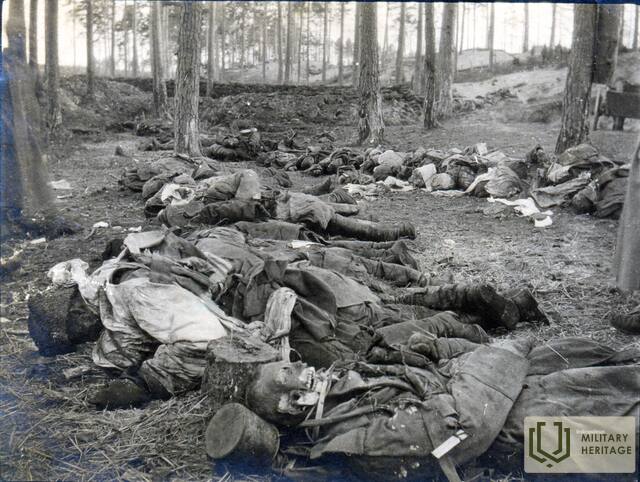
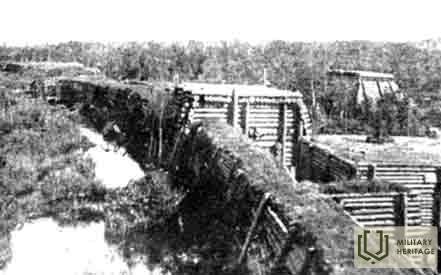
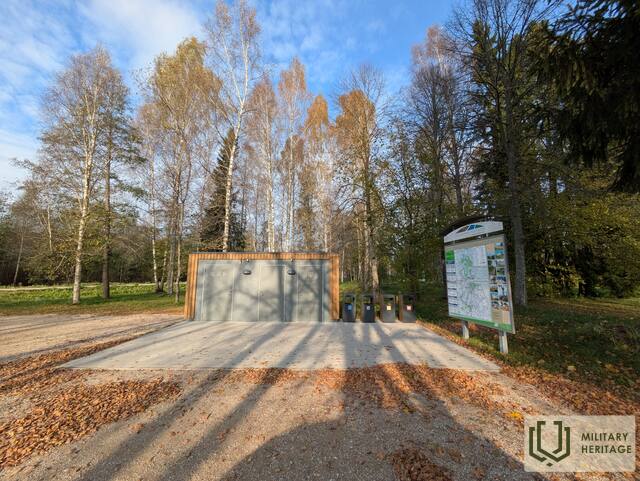
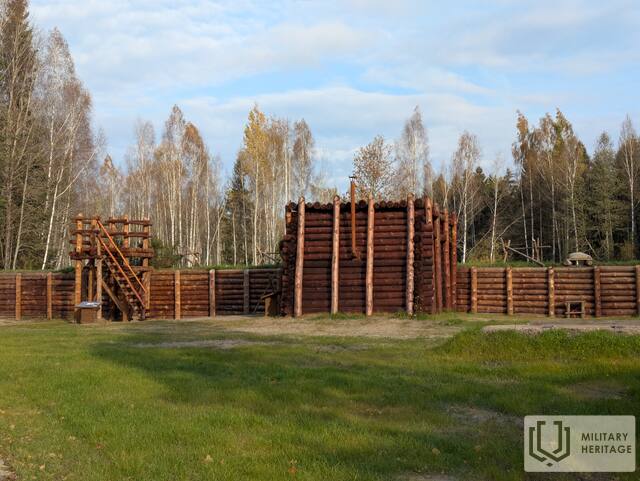
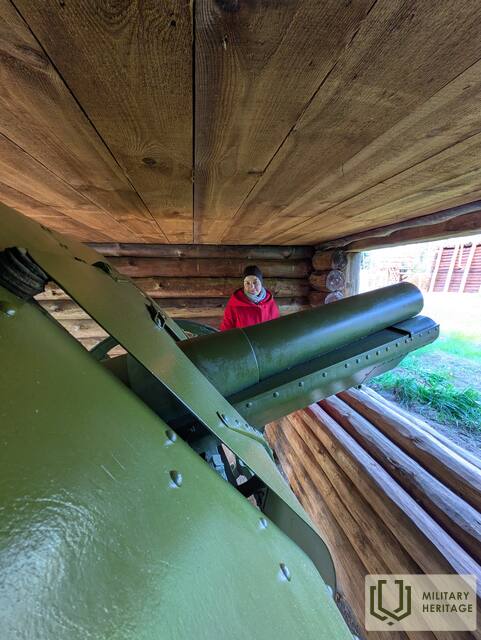
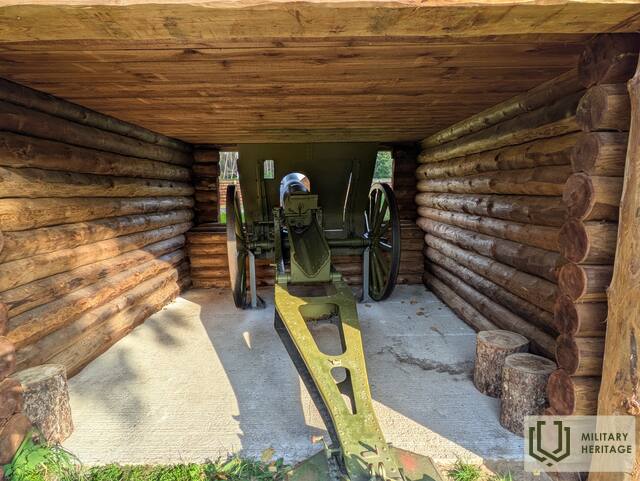
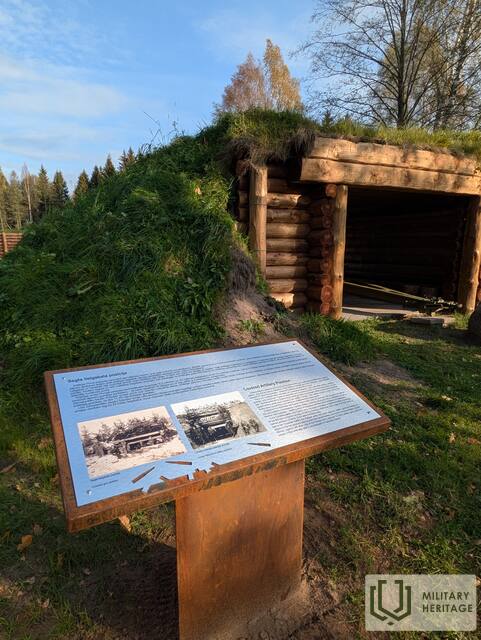
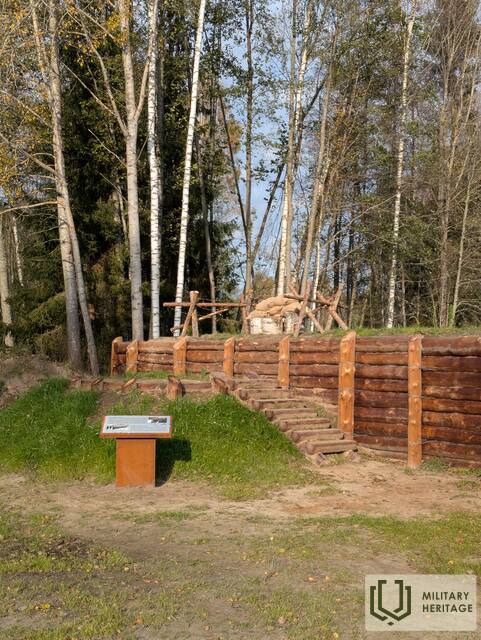
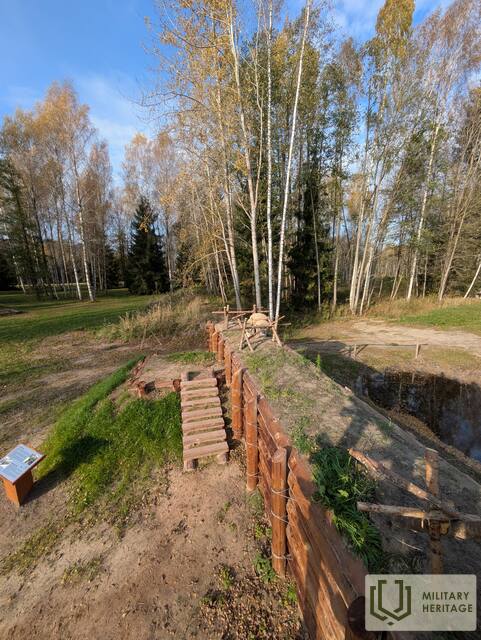
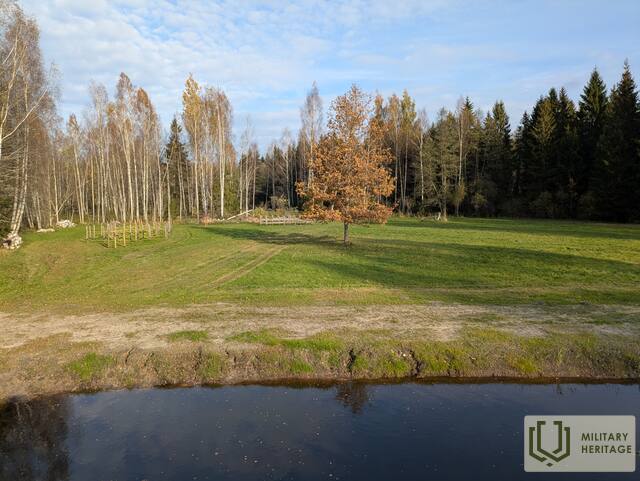
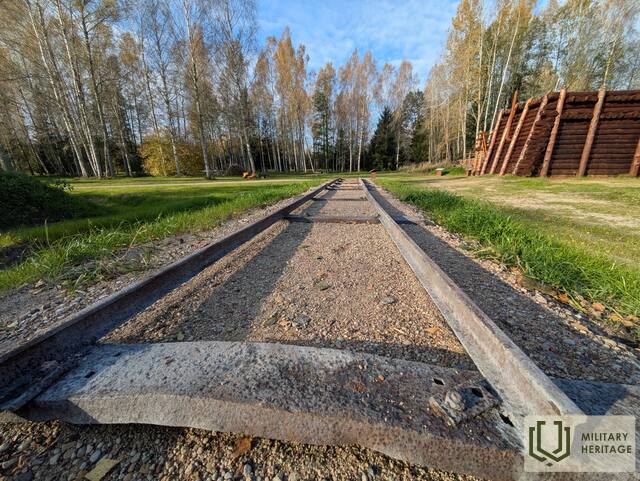
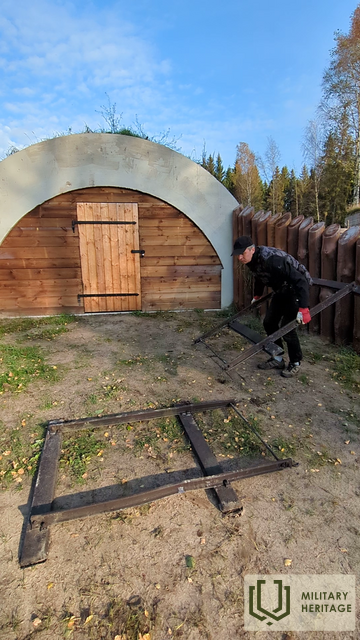
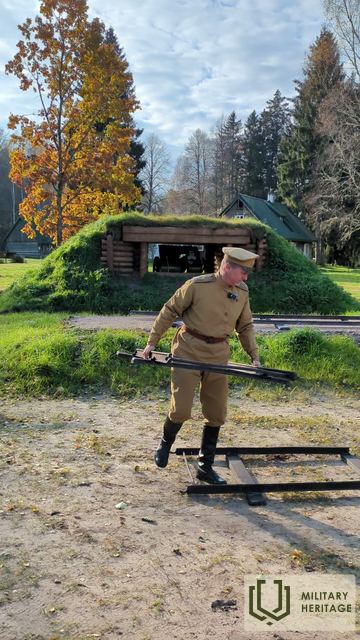
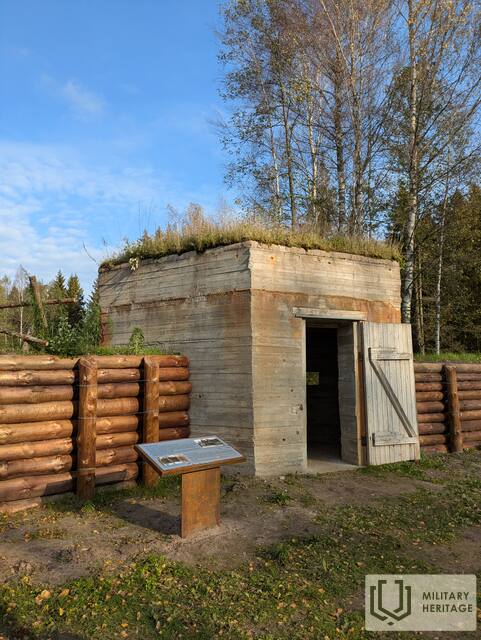
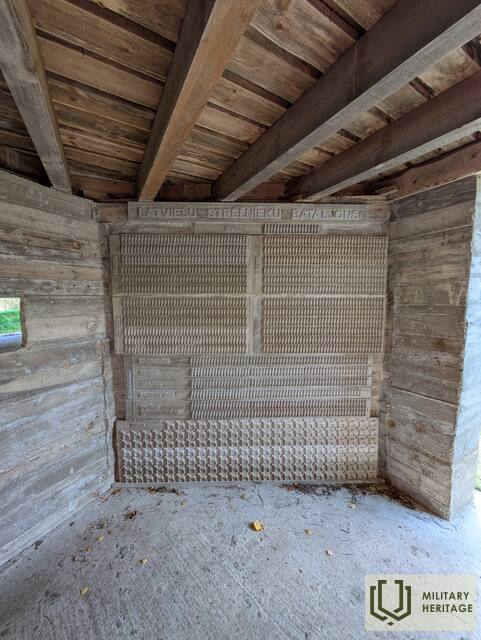
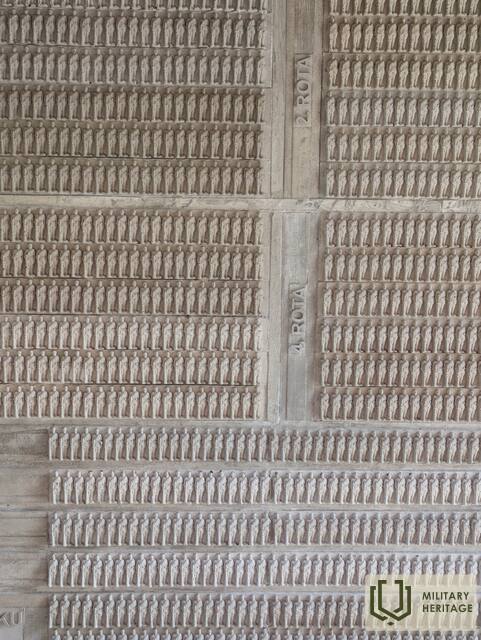
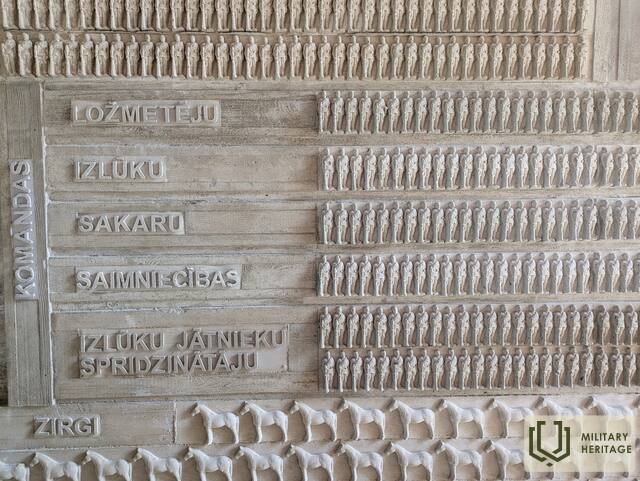
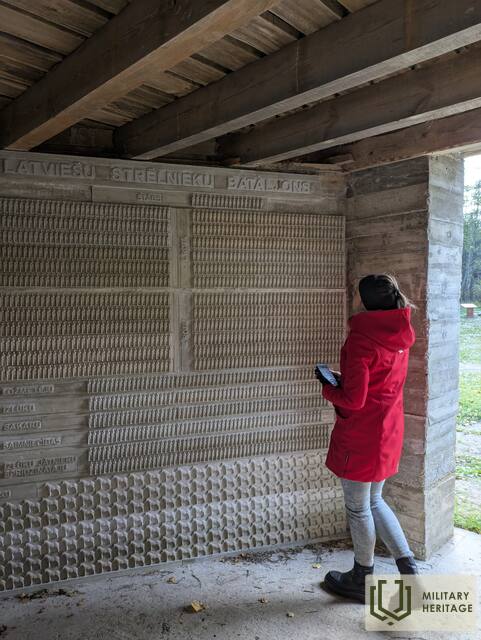
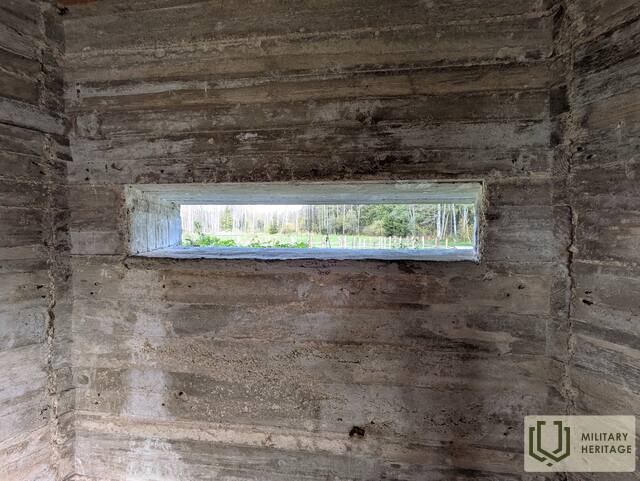
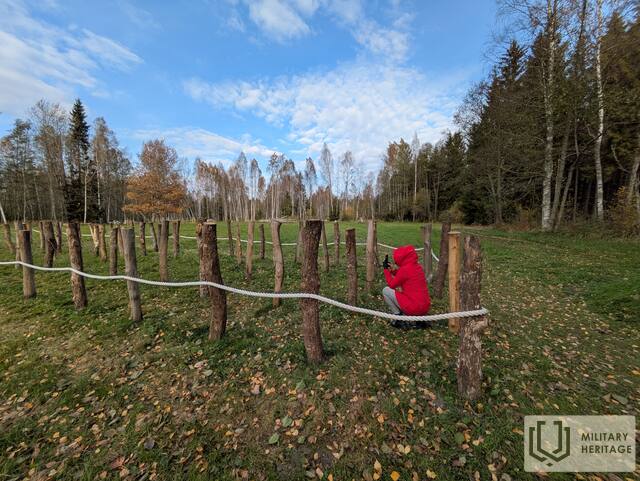
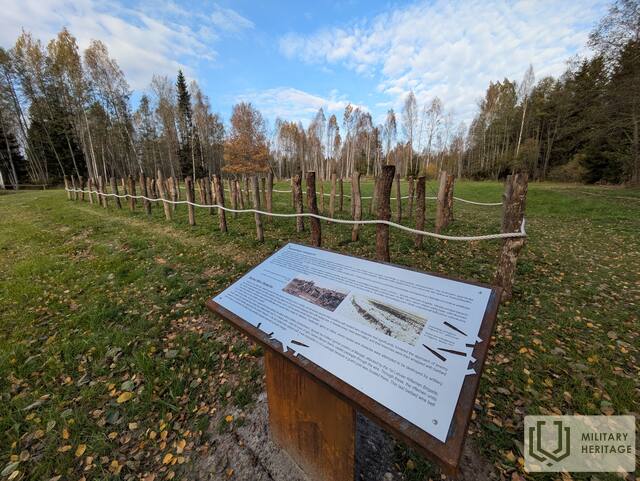
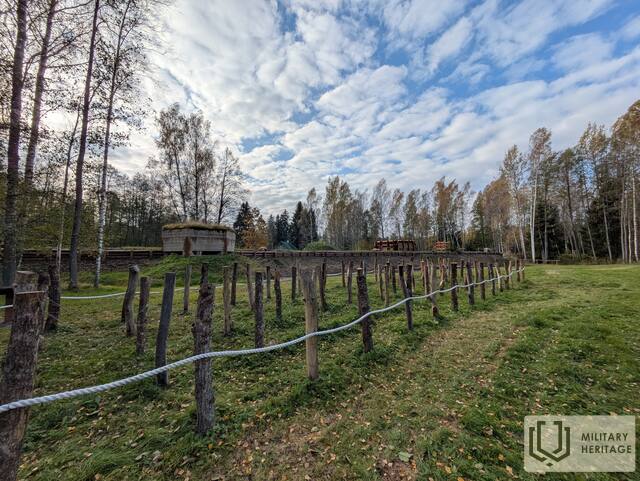
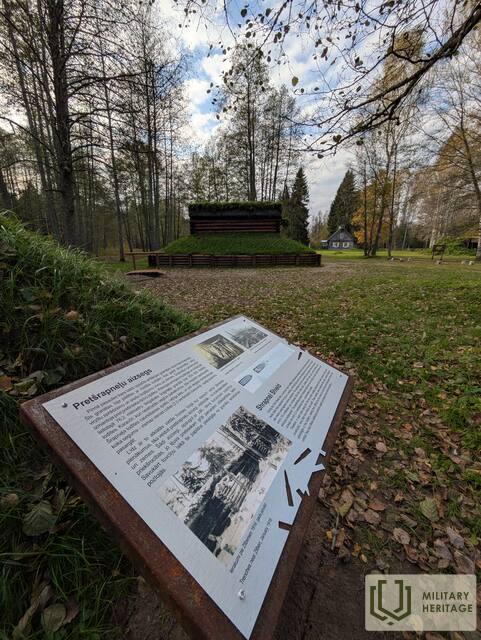
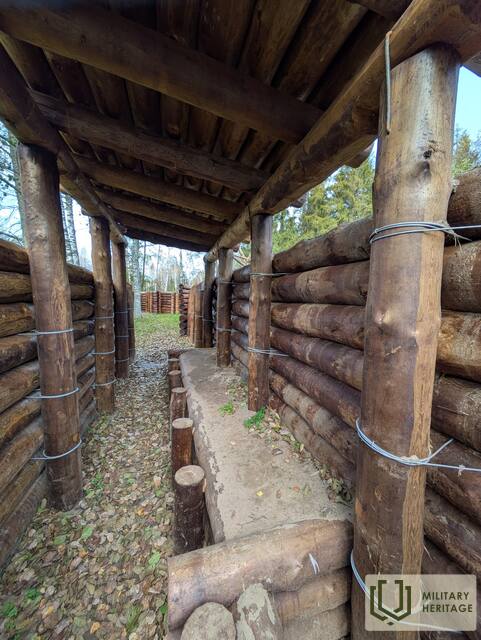
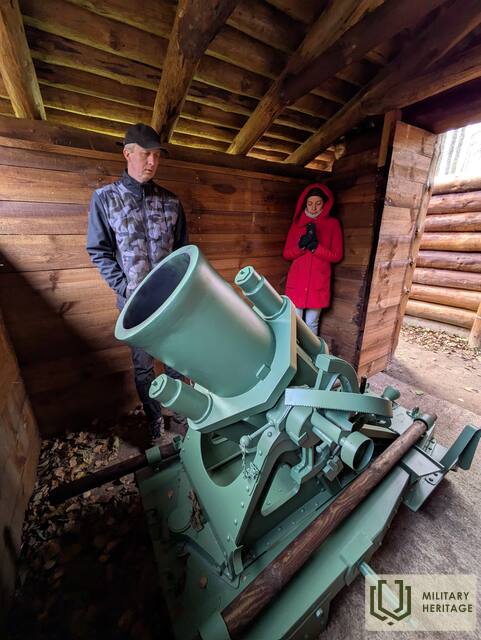
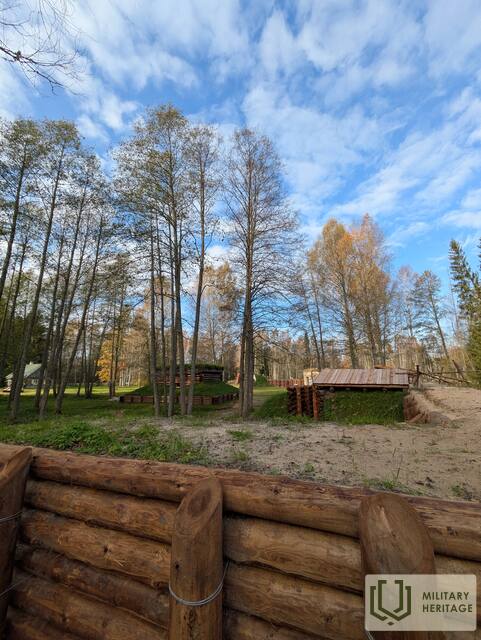
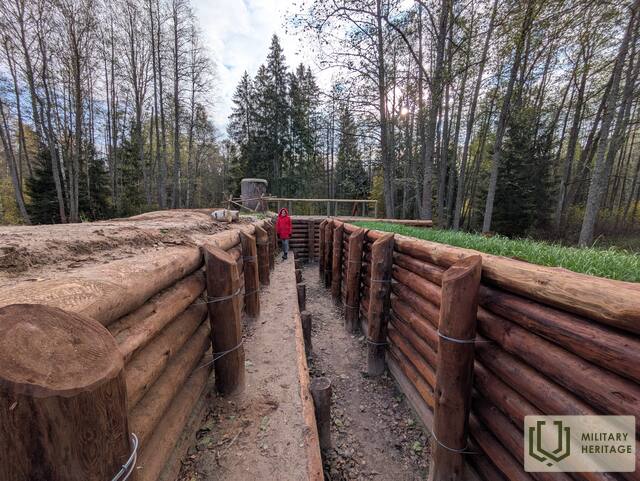
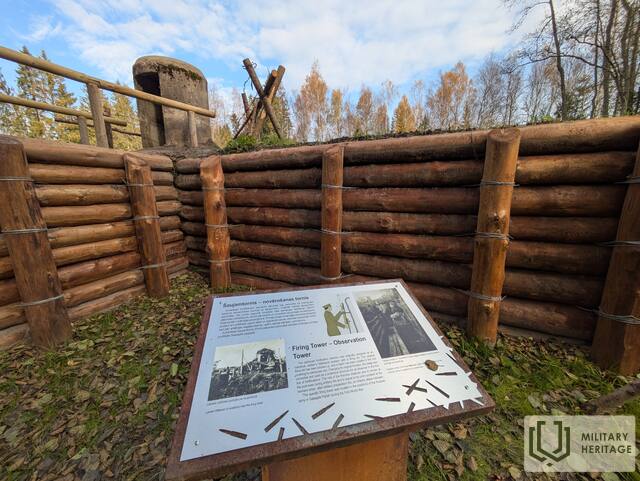
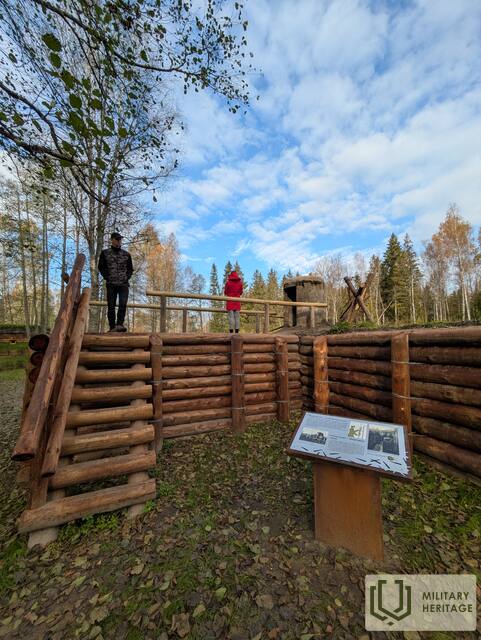
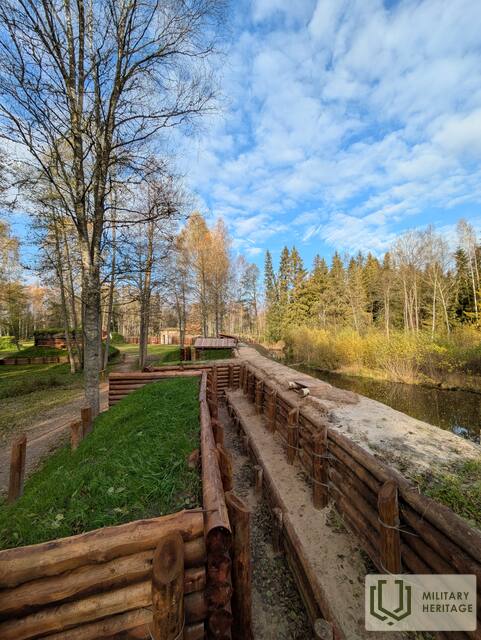
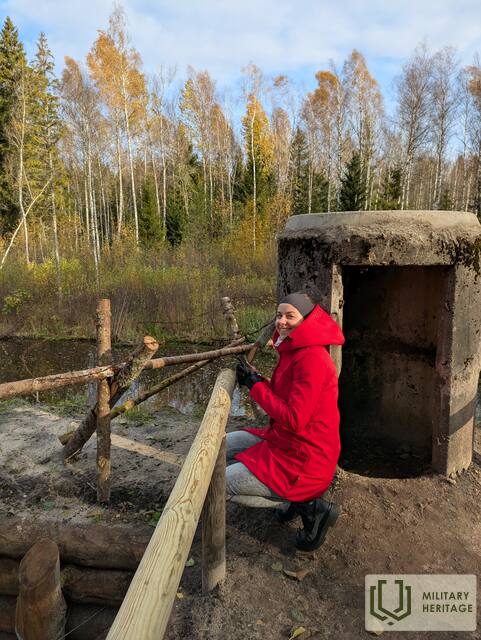
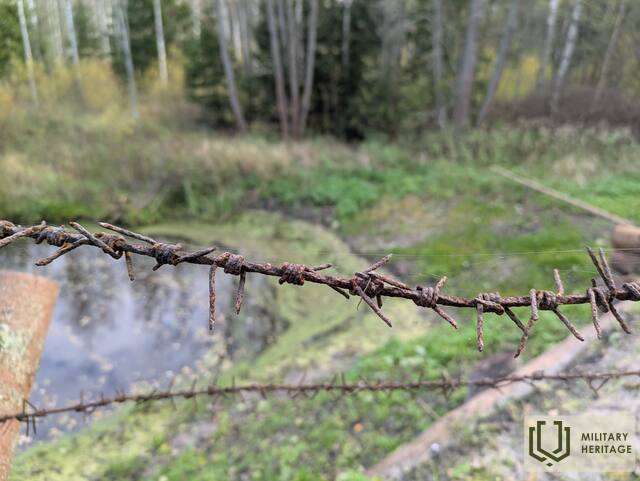
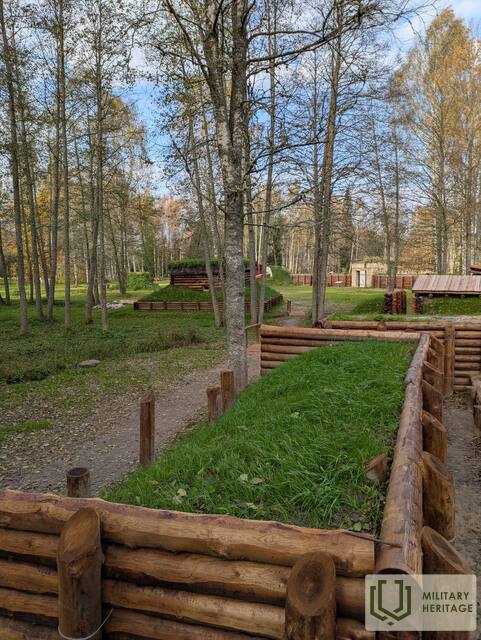
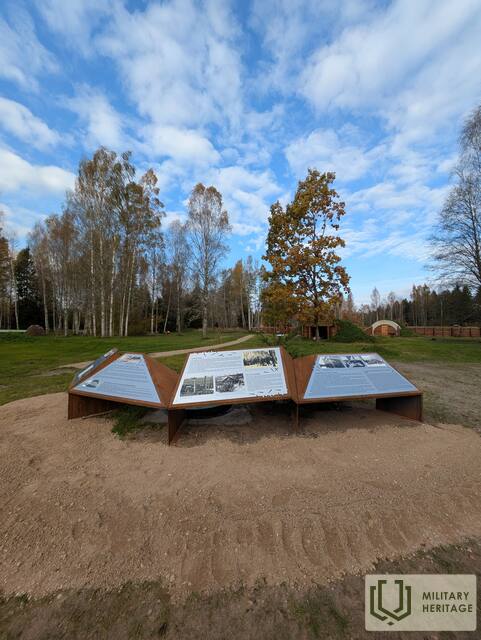
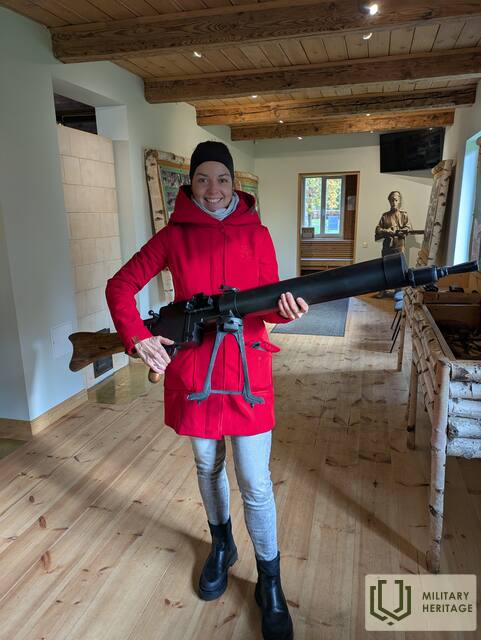
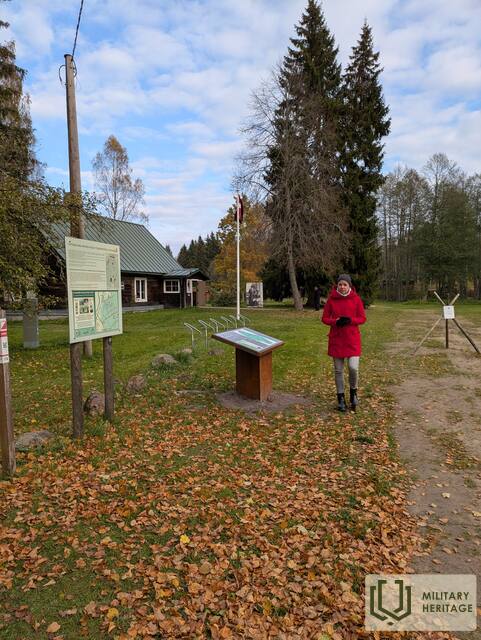














Šobrīd Mangaļu māju apkaimē notiek restaurācijas darbi.